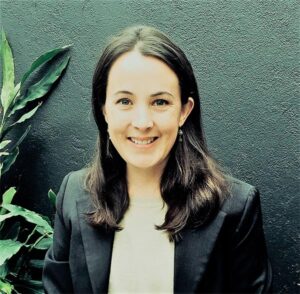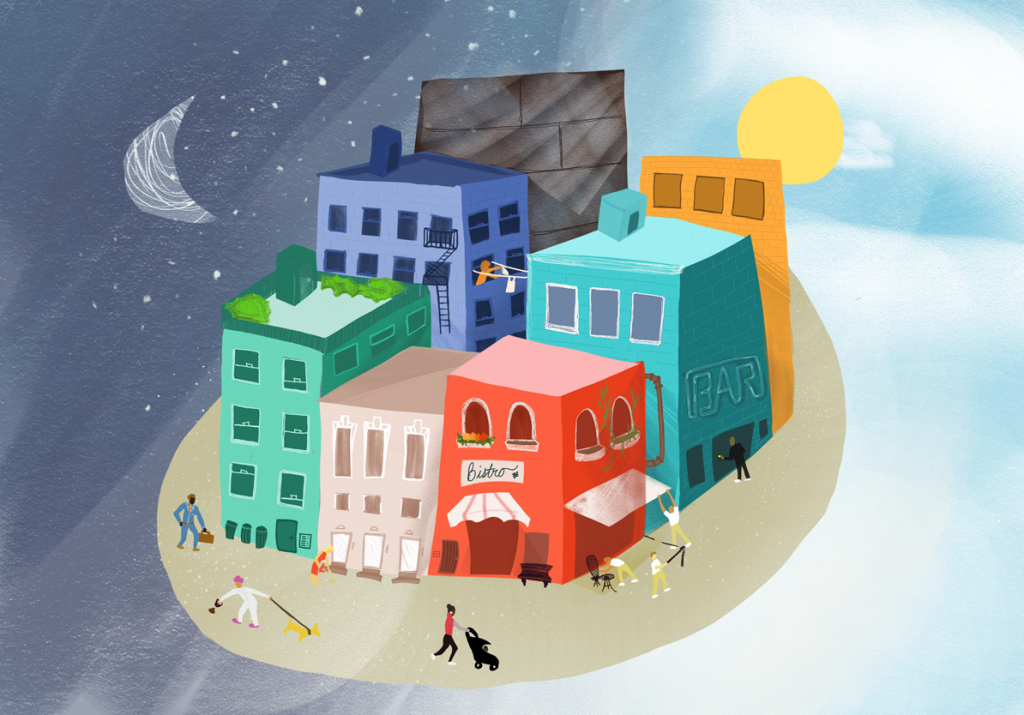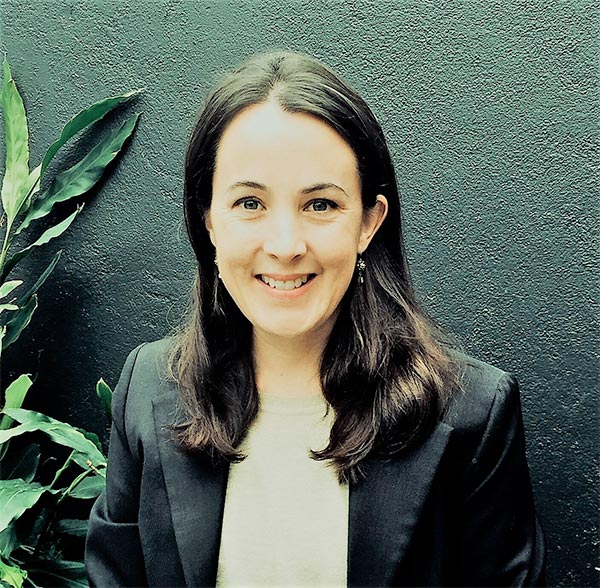Medium Term Accommodation, also referred to as ‘MTA’, was launched by the NDIS at the beginning of 2020. Incredibly, the timing of this new service coincided with Covid-19, major changes in healthcare and an urgent need for medium term accommodation solutions. Hospitals and rehabilitation centres began rapidly discharging patients to free-up beds for Covid positive cases. Many aged care homes were also closed to new residents and group living arrangements were also limited.
At MediStays, we found ourselves in a unique and privileged situation to rapidly support referrals for MTA. Our model meant that NDIS participants could be safely accommodated with many of our wonderful property partners across the country.
One of the most rewarding parts of this process was reuniting NDIS participants with their loved ones. Because our properties are private, participants and their partners can live together, with the assistance of formal supports. This was life-changing for so many families who had experienced the isolation of strict visiting hours in hospitals and communal living centres.
So, where are we now? Two years on, MediStays is proud to support NDIS participants, families, NDIS organisations, hospitals and rehabilitation centres. It is the perfect opportunity for us to reflect on what is working really well for MTA referrals and to support our wonderful referrers and community in the future
MediStays Tip – MTA is an ideal support for participants needing to move out of home during accessibility renovations.
Firstly, who can use MTA?
While awareness of Medium Term Accommodation has increased. this is a common question asked by NDIS participants, families and referrers.
The overall aim of MTA is to provide safe and appropriate bridging accommodation. It is generally not for short term stays, and is not a permanent housing solution like Specialist Disability Accommodation (SDA). As a result, MTA suits participants needing accommodation for around 1-3 months.
The most common scenarios for MTA referrals approved by the NDIA include:
1) for participants awaiting permanent SDA housing. MTA provides essential interim accommodation for people ready to be discharged from hospital and rehabilitation care. This is a significant milestone and stepping stone to SDA, especially after many months or years as an inpatient.
2) providing a safe place to stay during home modifications. These referrals are received by MediStays to assist Australians living with progressive diseases, such as Multiple Sclerosis and Huntington’s Disease. Home renovations including bathroom and kitchen renovations and the installation of accessible ramps are so important to support participants and their families to continue living at home. MTA enables participants, their families and carers to move out briefly during renovation works.
What is the best way to find MTA with MediStays?
At MediStays we are proud to partner with hundreds of properties Australia-wide. While some of these properties can be found on our front-facing website, most are booked upon request via our enquiry form.
So, it is important to always contact us directly when you’re searching for Medium Term Accommodation.
Information specific to NDIS is only accessible by direct referral. This includes accessibility information, rates and inclusions. All NDIS bookings are made by MediStays Care Navigators.
A MediStays MTA referral only takes 2 minutes!
We have designed a super easy MTA referral form that will take you under 2 minutes to complete!
We know how busy you are and keep it brief to assist our Care Navigators with a general baseline for your referral. We review your enquiry and do all the hard work for you – searching the best properties and coming back to you with specific questions.
Why does MediStays ask about funding?
If you tell us MTA is approved, we are ready for action! When required, we can safely triage MTA bookings for arrival within 24 hours. If a hospital discharge needs to be arranged, this usually takes more time to ensure supports and equipment are also ready.
If MTA is not yet approved, this is also helpful for us to know. Our experience shows that MTA often won’t be approved unless SDA is approved/getting close to ready. This isn’t always the case, but it is good to know. We assist you with quotations for NDIA approval and to explore the best options so you are ready when the time comes.
MediStays Tip: Sharing if funding is approved (or not) helps us to best support you and your participant with the right information
How does MediStays prioritise the information?
Accessibility Number #1
For referrals where accessibility is required, this is always our first priority. While we may be able to compromise on property location or size, there are not compromises when it comes to ensuring a property is safe and appropriate.
Our Care Navigators discuss specific accessibility requirements with you and short-list suitable properties. Our extensive offline database of information contains a range of information including bathroom accessibility, circulation space, door-widths and car-parking.
At MediStays, we love collaboration and work closely with the referral team to achieve the best outcome for every participant. This can include onsite and virtual OT and accessibility assessments to ensure the recommended property matches the individual requirements of your client.
MediStays Tip: Share as much information as possible about your participant’s individual accessibility requirements and preferences.
Location, location, location
We ask you about location. While your participant might currently be in hospital, this may not be the area they would like to live. MTA might be better suited near to family, supports and/or future SDA housing. Sharing the preferred location(s), we search for properties close by.
We always aim to recommend properties within a 5km radius (always 10km) to ensure formal supports are close by. Even if you can suggest 3 top suburbs or locations, that is a huge help.
Supporting choice and control for supports
We also ask you about informal and formal supports. At MediStays, we are proud of our model that enables NDIS participants to exercise choice and control for their personal care. We empower participants to bring their existing supports or to choose the best team for their personal care.
Depending on care needs during the stay, we ask when supports will be visiting. If supports are staying overnight, will they be awake (active) or sleeping (passive)? If they are sleeping, we ensure bedding is included. For some participants, their overnight support might be their husband, wife or partner. Or it might be a combination. Whatever your client’s support needs are, the flexibility of MediStays model enables participants to arrange carers and bedding that best suits their personal needs.
MediStays Tip: At the time of your MTA referral, try to find out if formal supports are required overnight and, if so, will they need a bed.
What if I need a quotation?
MediStays provides comprehensive quotations for your enquiry. Our quotes are used for your NDIA submission and may include different options, such as a one or two-bedroom apartment. This might also be a good time to pencil in options for future stays when approval has been granted.
I am ready to book MTA
When you are ready to book NDIS MTA, touch base with MediStays to request our service agreement. If you have already received a quotation, please also mention your quote number. Our Medium Term Accommodation service agreement clearly explains the schedule of supports – what supports are included and how much they will cost. It also explains any supports and costs that are not supported by the NDIS. And if you have any questions, our experienced team are always here to assist.
When is the booking confirmed?
Bookings for MTA are secured once the service agreement has been signed. The service agreement provides us with the participants approval to proceed, source of funds and dates for the stay. Three very important factors for a smooth transition.
MediStays Tip: Be sure to complete our service agreement so we can lock in your MTA. Whether it is needed in the coming days or one months time, a signed service agreement will guarantee your booking.
We hope you have found these tips helpful for your next MTA referral. With experience assisting such a broad range of referrals, we are constantly able to build on our model and support you through difficult times.









